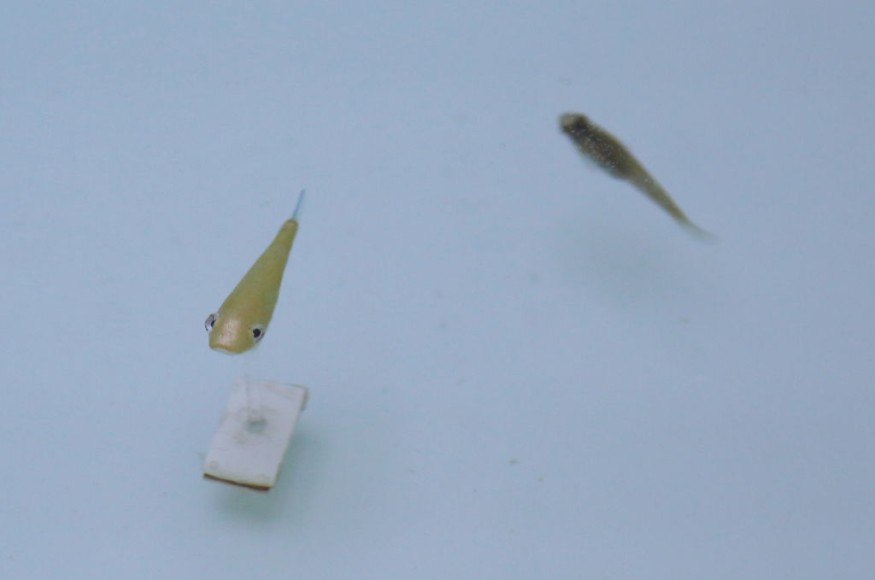Fish exposed to noise pollution become more susceptible to diseases, with prolonged exposure leading to early death, according to the latest study describing the effects of human activities on nature.
Researchers from the University of Cardiff in Wales, the United Kingdom have assessed the effect of man-made noise pollution sources - from vehicle noise to heavy machinery operating - can cause "stress, hearing loss, behavioral changes and impacted immunity." The study is published in the journal Royal Society Open Science, September 15.

Noise Pollution Endangering Fishes
Man-made, or anthropogenic, the noise has been detected in every major habitat in the world. Also, its adverse effects on terrestrial animals - both vertebrates and invertebrates - have been sufficiently studied. However, the detrimental effects of noise pollution on aquatic life have been largely ignored. According to the study, it has been "stunted by the misnomer of a silent underwater world."
In illustrating the effects of noise to fishes, researchers blasted white noise onto fish tanks, testing whether it has an effect on the susceptibility of the guppy fish to parasitic infection. One group of guppies were exposed to "acute" noise, a 24-hour exposure. Another group was exposed to chronic noise, continuous for seven days. Each treatment had its control setup with guppy fishes that were not exposed to noise.
RELATED: Don't Mess With a Rainbow Fish! It Acts Like a Matador or Bullfighter When It Senses Danger: Study
Water in all setups was replaced completely every other day and the fishes were anaesthetized. Guppy fishes were also infected with a parasite - the acute group received the parasite after the noise period while the chronic group received the parasite within the seven-day exposure to white noise. The control group also received the parasite but remained free from noise exposure.
Over their 17-day monitoring of the test population, fishes exposed to acute noise suffered from significantly greater parasite burdens over time. The acute group also experienced significantly higher peak parasite burdens.
Meanwhile, the guppy fishes included in the chronic group were exposed to higher risks of dying early. They mostly died on the 12th day, compared to the average 14th day limit for other groups of fishes.
Supporting Growing Studies On The Hazards of Noise Pollution
"By revealing the detrimental impacts of acute and chronic noise on host-parasite interactions, we add to the growing body of evidence demonstrating a link between noise pollution and reduced animal health," authors of the study said.
Also, researchers noted that man-made noise pollution is a recognized welfare concern backed by international regulations that work to reduce its health impacts. Through their study, they were able to demonstrate noise, isolating it from other possible stress factors, and its detrimental effects.
RELATED: Noise Pollution Peaks All-Time High In The U.S.: The Most Protected Natural Zones Are Unsafe
One of the findings presented is that in a 24-hour period, results on guppy fishes suggest that noise exposure poses no immediate impact on the parasite population. They did, however, cited a previous study that showed ultrasonic waves several orders higher can immediately affect ectoparasites.
One industry cited in the discussion is the animal food industry, where the animals bred for human consumption are exposed to multiple stressors - including noise from automation, machinery, and equipment use.
Check out more news and information on Noise Pollution in Science Times.
© 2026 ScienceTimes.com All rights reserved. Do not reproduce without permission. The window to the world of Science Times.












